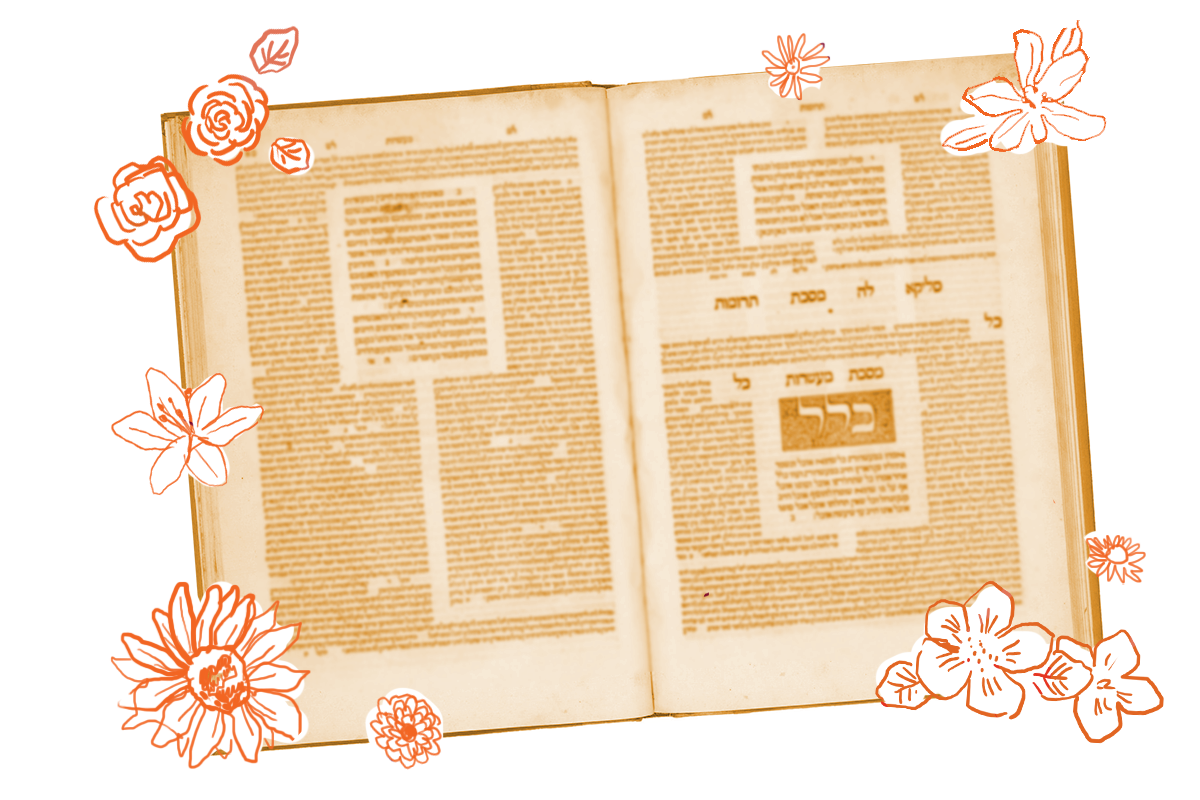If you have ever planned a social event — be it a wedding, bar mitzvah or dinner with friends — you have likely asked for an RSVP. The term comes from the French respondez s’il vous plait: please respond. The politeness of the expression obscures some of the anxiety many hosts feel in planning a large event — planning made much more difficult if one doesn’t know how many guests to expect.
We have already learned that people must register for a paschal offering ahead of time — so that by the time the lamb is slaughtered it is known exactly on whose behalf and there is a designated group to consume the animal (the Torah requires the entire animal be eaten on that very night, with no leftovers).
And we have learned that on Erev Passover, the regular daily tamid offering was also made in the Temple, even on Shabbat.
As we learn on today’s page, there is yet another offering, the festival peace offering, that is made on the 14th of Nisan. Unlike the tamid and the paschal offering, the festival offering does not override Shabbat. But like the paschal offering, it is made in a state of purity and it too requires advanced registration.

Help us keep Jewish knowledge accessible to millions of people around the world.
Your donation to My Jewish Learning fuels endless journeys of Jewish discovery. With your help, My Jewish Learning can continue to provide nonstop opportunities for learning, connection and growth.
Indeed, the festival offering has quite a bit in common with the paschal offering, as a beraita on today’s page specifies:
Come and hear: The festival peace-offering that comes with the paschal offering is like the paschal offering in every respect. It comes from the flock (e.g. goats and sheep) and does not come from the herd (e.g. cows), it comes from males and does not come from females, it comes from an animal that is a year old and does not come from an animal that is two years old, and it is eaten for only a day and a night, and it is eaten only roasted, and it is eaten only by those who registered for it in advance.
This beraita neatly summarizes many of the requirements for the paschal offering (species, sex, age, cooking method, time of consumption, and advanced registration) and clarifies that these are the same requirements that apply to the festival peace offering. (No wonder we saw all those discussions about what to do if a person suddenly confused their paschal offering with a peace offering!)
That last clause in this beraita requires that individuals register partake in this offering. The word translated here as “to register” also means to make an appointment. In other words, you must RSVP for your sacrifice. And if you’re not on the list, you’re not getting your portion.
What’s interesting about this is that not only is the pre-registration important for the person who would like to receive their portion, but it is also important to everyone else. Only if a certain threshold of participants is reached (thus guaranteeing there are enough people to consume the entire animal) will the offering be made. If too few people register in advance, the offering will not be made.
On a spiritual level, we learn that there must be buy-in from a large swath of the community to be able to merit the additional festival peace-offering. The community must be invested in one another, and this ritual, to be able to offer this special sacrifice. When they do, they can sit down satiated from the prior festival peace-offering, and enjoy the paschal lamb in a state of pure joy.
See you tomorrow!
Read all of Pesachim 70 on Sefaria.
This piece originally appeared in a My Jewish Learning Daf Yomi email newsletter sent on January 30th 2021. If you are interested in receiving the newsletter, sign up here.



